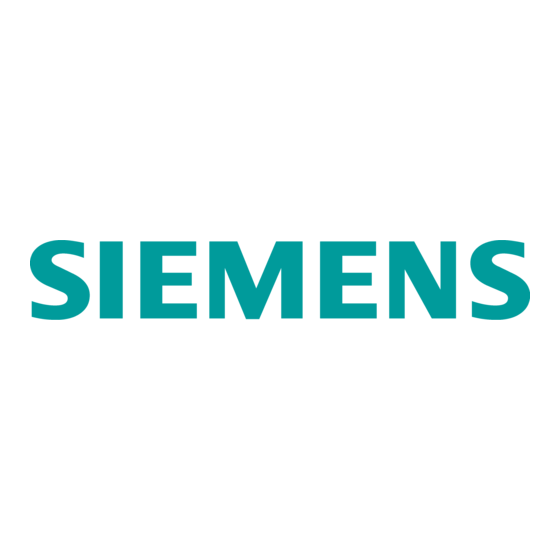Siemens Simatic S7-1500 Manual - Página 8
Procurar online ou descarregar pdf Manual para Equipamento industrial Siemens Simatic S7-1500. Siemens Simatic S7-1500 46 páginas. Digital output module dq 16x230vac/2a st relais (6es7522-5hh00-0ab0)
Também para Siemens Simatic S7-1500: Manual (40 páginas), Manual (37 páginas), Manual (47 páginas), Manual (24 páginas), Manual (34 páginas), Manual do utilizador (45 páginas), Manual (27 páginas), Manual de configuração (20 páginas), Manual (47 páginas), Manual (43 páginas), Manual (48 páginas), Manual (26 páginas), Manual (28 páginas), Manual (50 páginas), Manual (34 páginas), Manual do utilizador (44 páginas), Manual (50 páginas), Manual (30 páginas), Manual (41 páginas), Manual (50 páginas), Manual (40 páginas), Programação de segurança Manualline (48 páginas), Manual de instruções de comunicação (36 páginas), Manual (40 páginas), Manual (25 páginas), Manual (42 páginas), Descrição da aplicação (50 páginas), Manual (28 páginas), Manual (33 páginas), Manual (49 páginas), Manual (36 páginas), Manual (41 páginas), Manual (38 páginas), Manual (35 páginas), Manual (39 páginas), Manual (28 páginas), Manual (35 páginas), Manual do equipamento (35 páginas), Manual (50 páginas), Manual do equipamento (32 páginas), Manual do equipamento (38 páginas), Manual (29 páginas), Manual do equipamento (38 páginas), Manual (34 páginas), Manual (36 páginas), Manual do equipamento (50 páginas), Manual (45 páginas)

